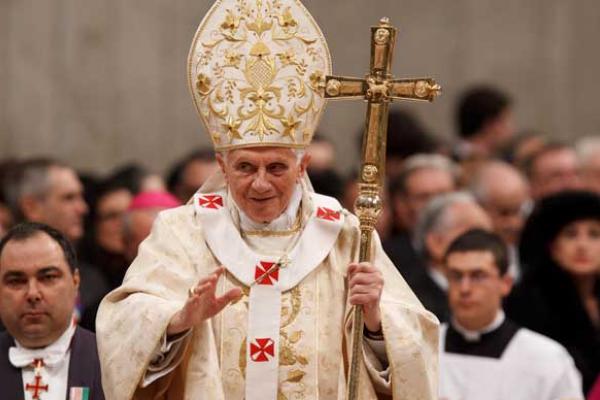My children spend more time building with Lego than just about anything else. Almost always, what they make is surprising, unexpected, startlingly new.
I want to share some observations from when a totally different thing enters the picture: the Lego building challenges.
For days after they read about a new “challenge” (build a dream home, build some kind of robot, etc.) they’ll work and re-work a project and pester us to photograph them and worry about whether or not they’ll win. Here’s the surprising part:
When they are building for the contest — for that $100 gift card and their picture in the magazine — their creations are startlingly less creative. All of a sudden, they are timid and anxious about their creations. Honestly, their for-contest work is always inferior to their regular work.
Why does this matter? Because I think it shows us something important about motivation and its effect on creativity.
As a teacher, I tend to change the channel or radio station when the news turns to issues related to schooling and education. It is difficult to listen to people discuss aspects of my daily experience as if they were a part of it. When a news story involves an act of violence in a school or a natural disaster wreaking devastation on children and school employees, I am almost less likely to listen. It is too painful to think about what that would be like for me, my colleagues, and most importantly, my students.
When major news networks began playing a recording of suburban Atlanta school employee Antoinette Tuff’s 911 call reporting a shooter in her school’s building on Tuesday, I almost turned off the TV. Then, I heard Tuff’s calm voice interacting with the shooter as though as he was any distraught child in the office needing extra attention. I started to listen.
Even with the scores of marches on Washington since 1963, we all still know what we mean when we say the March on Washington.
In our collective memory, we see black-and-white images of immaculately dressed men and women wearing hats, ties, and dresses, marching in dress shoes. We see a sea of people stretching from the Lincoln Memorial to the Washington Monument. And we see Dr. Martin Luther King, Jr., frozen in time, smiling and waving to the crowd of a quarter million people. We see King’s passion, mouth open as he bellows words that sear the conscience of a nation and ignite its imagination. His arm is outstretched over the podium. He is surrounded by men and women who are also there to plead with a nation to “let freedom ring!”
These images are seared into our nation’s memory, even though most of us were not there.
Eric Elnes, author of Phoenix Affirmations: A New Vision for the Future of the Christian Faith and Asphalt Jesus, always has something brewing. I sat down with him over a hearty cup of his own Darkwood Brew coffee at the recent Wild Goose Festival in North Carolina to find out more about Convergence Christianity, a new concept he’s developing, and which is gaining traction across many traditional ideological and theological lines.
Here’s what Eric had to say about the current state of the Christian faith, as well as where he sees it heading.
The government of Malaysia expelled a group of Singaporean tourists for chanting Buddhist prayers inside an Islamic prayer room where they erected a large Buddhist painting on the wall facing Mecca.
The government also revoked the permanent resident visa of the businessman who allowed the Buddhists to pray at his beach resort in Johor state, about 185 miles south of Kuala Lumpur, the capital of Muslim-majority Malaysia.
The government’s response is the latest in a series of crackdowns on behavior deemed disrespectful of Islamic traditions and beliefs.
The federal government wants to give Annie Laurie Gaylor a tax break for leading the Freedom from Religion Foundation.
But Gaylor, an outspoken atheist from Madison, Wisc., wants to stop them — and she’s asking a federal judge for help.
The standoff is the latest twist in a court battle over the parsonage exemption for clergy, a tax break that allows “ministers of the gospel” to claim part of their salary as a tax-free housing allowance.
Pope Emeritus Benedict XVI resigned from the papacy because “God told me” to, according to a report by a Catholic news agency.
The Zenit news agency reported on Monday that Benedict decided to step back as a result of what he described as a “mystical experience” that shouldn’t be confused with a vision.
That experience sparked an “absolute desire” to dedicate his life exclusively to prayer, in a solitary relationship with God, Benedict reportedly said.


![By U.S. Information Agency, Press and Publications Service. [Public domain], via Wikimedia Commons [Public domain], via Wikimedia Commons](https://sojo.net/files/styles/large_rectangle_crop/public/blog/View_of_Crowd_at_1963_March_on_Washington.jpg)



